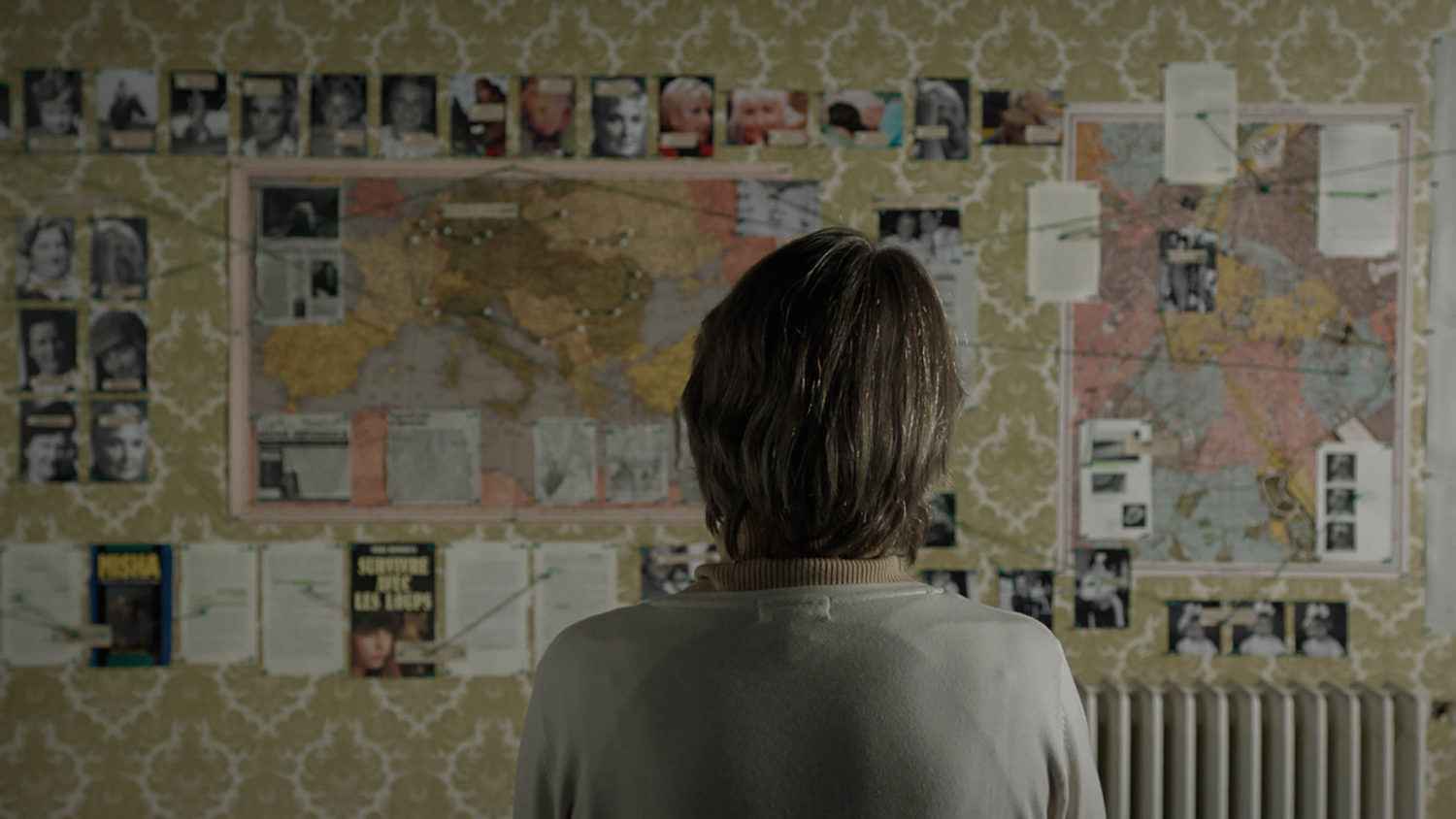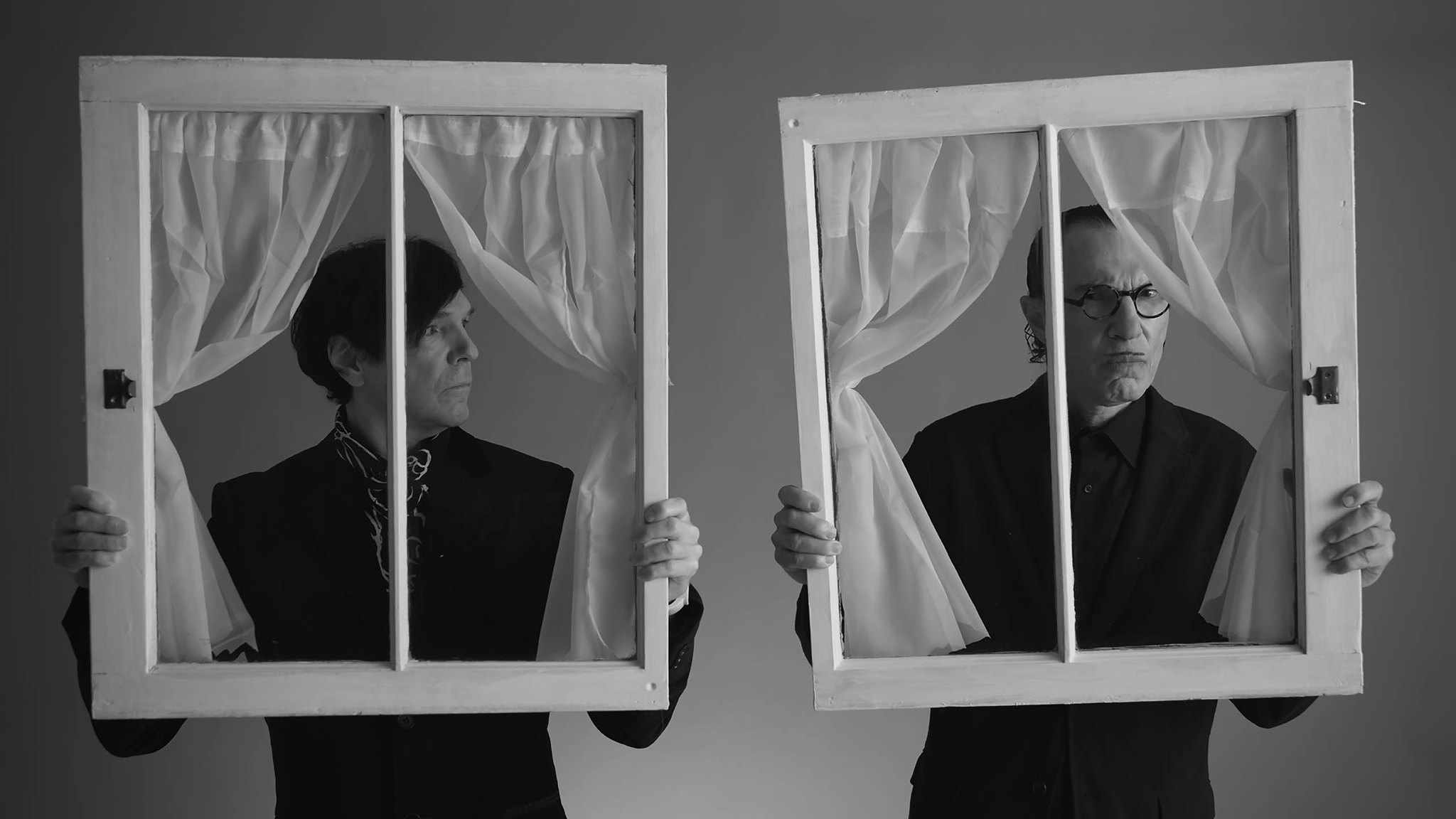Misha and the Wolves
(UK/Belgium, 90 min.)
Dir. Sam Hobkinson
Programme: World Cinema Documentary Competition
Sam Hobkinson spins a doozy of a true crime tale with Misha and the Wolves. A standout selection at Sundance, the film is a twist-upon-twist, reveal-after-after, jaw-on-the-floor thrill ride. Fans of docs like The Imposter and Three Identical Strangers absolutely must take note. Misha and the Wolves is a wild-but-true story masterfully told about the art of deception and the cost of lies.
The story unfolds engrossingly as Misha Defonseca recalls her tale of surviving the Holocaust. It’s a gripping account about a young girl who walked across mountains in search of her parents. She recalls living with wolves and drawing upon the pack’s strength to defy the Nazis. A wolf expert in Misha’s adopted hometown in the USA affirms the woman’s extraordinary rapport with wolves, saying Misha handled the creatures and communicated with them in ways few untrained humans could. Her account is so inspiring that up-and-coming publisher Jane Daniel spies a sure-fire bestseller to capture the hearts of readers worldwide. She assumes correctly, and everyone including Oprah’s Book Club wants a slice of Misha’s story. When Misha changes the narrative, however, her publisher starts reading between the lines.
Told through direct address interviews with parties ranging from the author, publisher, wolf expert, neighbour, friend, and others, Misha constructs a dynamic essay about the persuasive power of storytelling. Each commentary is compelling on its own, and Hobkinson adeptly directs his interviewees to ensure that each one spins a good yarn. So too does editor Peter Norrey, who cuts the narratives together with inquisitive vigour. The elaborate web of truth and lies creates a captivating and suspenseful enquiry. Misha and the Wolves adopts the thrill of the chase as multiple parties frantically seek the truth of Misha’s story.
The film brilliantly probes the art of the con and captures the psychological unravelling that occurs when one is the object of deception. It puts a viewer through the role of witness and fact-checker, asking who one wants to believe and why. As one revelation inspires another, however, Hobkinson ultimately creates an ingenious essay about the responsibility of storytelling. On one hand, Misha and the Wolves asks who has a right to question a person’s story, claims of identity, and version of the truth. On the other hand, it crafts a tightly knit treatise on the need for everyone with platform to elevate and amplify storytellers to do so with the utmost care. A narrative is a powerful tool and, as speakers who appear late in the film convey, it can be a very painful one in the wrong hands as history risks being shaped by parties without a stake in its accuracy. As a filmmaker, Hobkinson acknowledges this responsibility valiantly and imbues it within the film’s design. Misha and the Wolves is a better page-turner than the original author could have ever imagined it would be.
Misha and the Wolves premiered at Sundance and has its Canadian premiere at Hot Docs.














